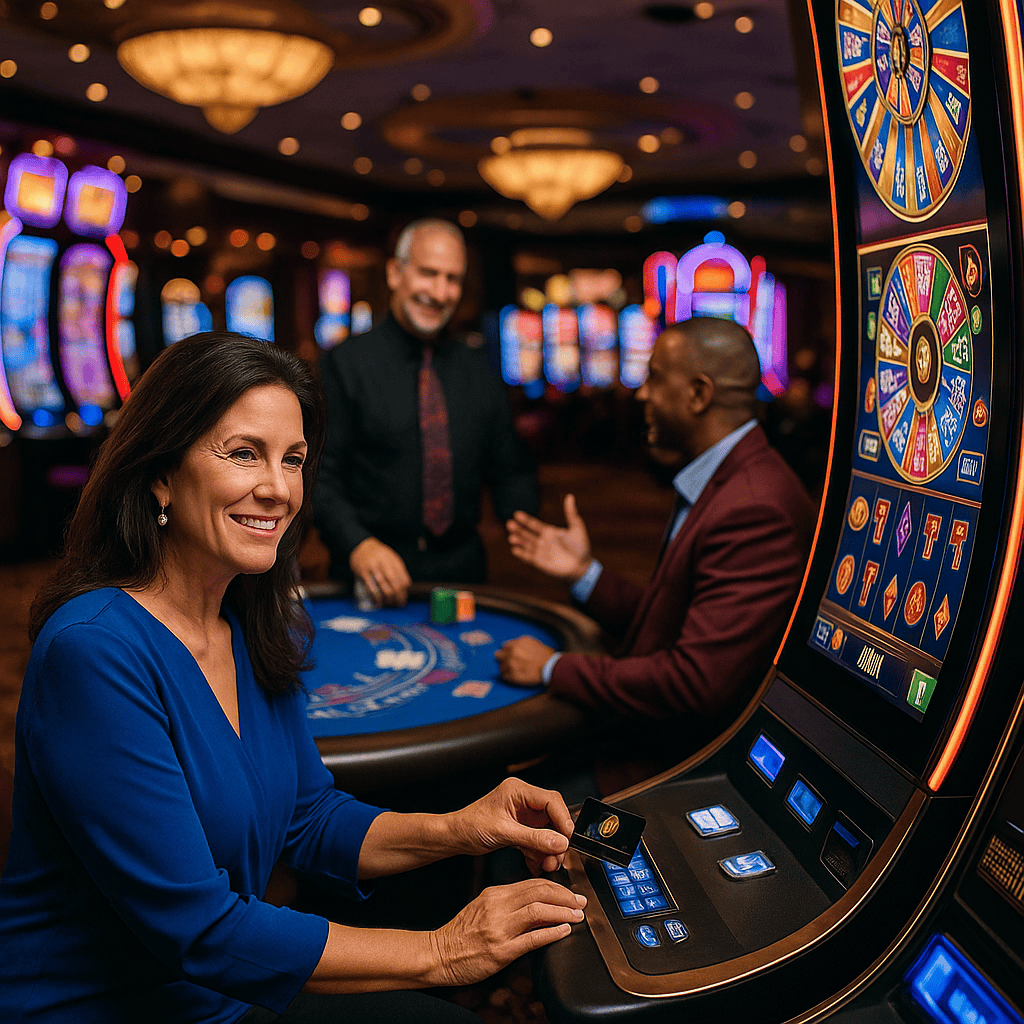Brief Summary

Caesars Entertainment, historically known as Harrah’s, pioneered a data-driven loyalty strategy that used customer insights to personalize offers and service across gaming, hotel, dining, and entertainment.
Rather than compete with flashier resorts, the company built a unified view of the guest, tested targeted incentives, and scaled what worked.
The result was higher retention, greater share of wallet, and a loyalty platform that became a durable competitive moat.
This case shows how customer insight, experimentation, and thoughtful personalization can outperform spectacle while respecting customer comfort and privacy.
Company Involved
Caesars Entertainment (originating as Harrah’s, where the loyalty and personalization playbook began)
Marketing Topic
- Personalization
- Customer Experience
- Loyalty Strategy
Public Reaction or Consequences
Customers adopted the program at scale and responded to relevant perks, which deepened loyalty and cross-property engagement. Industry press and business schools highlighted the approach as a model for turning data into measurable marketing impact. Caesars also discovered that personalization has limits. When interactions felt overly intimate, some guests perceived it as intrusive. The company pulled back those touches and emphasized transparency and comfort. Overall, the program delivered strong business results while reinforcing that trust is foundational to long-term loyalty.
Why It Matters Today
• Customer insight plus experimentation can beat expensive acquisition tactics.
• A unified profile enables targeted incentives that lift incremental behavior.
• Personalization works best with clear value exchange, consent, and restraint.
• The playbook endures. Caesars continues to evolve personalization with mobile experiences and AI while keeping loyalty at the core.
3 Takeaways
1. Build a single view of the customer across all touchpoints and measure lifetime value, not one-off transactions.
2. Test everything. Use experiments to find the right offers for the right segments and scale only the winners.
3. Personalize with care. Aim for relevance that feels helpful, not invasive. Protect privacy and give customers control.
Notable Quotes and Data
“When your loyalty card is listed in someone’s obituary, I would maintain you have traction.” Gary Loveman on the depth of loyalty created by the program.
A mid-decade analysis reported Caesars increased its share of customer gaming spend from roughly 36 percent to about 45 percent after scaling its loyalty and data strategy.
Modern tests with AI optimized campaign language and lifted email engagement by double digits, signaling ongoing gains from iterative personalization.
Full Case Narrative
Background and context. In the 1990s and early 2000s, Harrah’s did not compete on mega-resorts or grand spectacles. Guided by Gary Loveman, the company chose to compete on analytics, loyalty, and service. A unified program captured play, stay, dining, and entertainment behaviors and tied them to a single customer identity. The move reframed marketing from giveaways to evidence-based incentives that influenced behavior.
What the company did. The team built a nationwide loyalty program, later known as Total Rewards, to enroll guests at every property and earn points across the portfolio. Data revealed that consistent mid-tier guests drove the majority of revenue. Caesars tested targeted offers for segments and measured lift against controls. Modest, well-aimed incentives often beat expensive bundles. The program encouraged cross-property travel by honoring tiers and benefits everywhere, increasing visit frequency and total enterprise value.
Why they did it. Competing on amenities was costly and easy to copy. Caesars focused on profitable customer behavior. By quantifying theoretical worth and measuring response to offers, marketing spend moved from guesswork to return on investment. The unified program unlocked cross-sell opportunities and created switching costs as members accrued status and points they did not want to abandon.
What happened next. Results included higher retention, more cross-property visitation, and a clear share-of-wallet lift. The database became a strategic asset that shaped acquisitions and integrations. Later, as the company rebranded as Caesars Entertainment, the loyalty platform remained central. The program was renamed Caesars Rewards and continued to grow to tens of millions of members worldwide.
Reflection and analysis. The playbook worked because it combined strong data foundations, a culture of experiment and learn, customer-centric service, and disciplined ROI. The company also learned the boundary between helpful and creepy. Personalized touches that referenced sensitive history were toned down in favor of value-forward, opt-in experiences. In the 2010s and 2020s, Caesars extended the model through mobile messaging, a virtual concierge, and AI-assisted creative testing, showing that the core strategy adapts as channels and tools evolve.
Timeline
• Late 1990s to early 2000s: Harrah’s scales a nationwide loyalty program, later branded Total Rewards. A test and learn culture takes hold.
• Mid 2000s: Acquisition of Caesars accelerates portfolio reach. Loyalty and analytics expand across more properties with measurable share-of-wallet gains.
• 2010: Corporate name changes to Caesars Entertainment. Loyalty strategy remains core.
• 2019: Total Rewards rebrands to Caesars Rewards and continues global expansion.
• Late 2010s to 2020s: Mobile, virtual concierge, and AI-assisted optimization extend personalization while loyalty stays central.
What Happened Next?
Caesars Rewards remains the connective tissue across casinos, hotels, and entertainment brands, encouraging members to keep activity within the network. New channels and capabilities have been layered onto the same foundation. The company positions personalization as a value add and continues to calibrate for comfort, clarity, and trust in an era of stronger privacy expectations.
One Sentence Takeaway
Caesars showed that the safest bet is not a bigger spectacle but smarter personalization that earns loyalty, grows lifetime value, and respects the customer.
Sources and Citations
Caesars Entertainment sees engagement lift from AI optimized email language
Caesars Rewards launch announcement and scale
Ivy virtual concierge rollout and satisfaction impact
Unifying analytics across merged properties to support loyalty strategy
